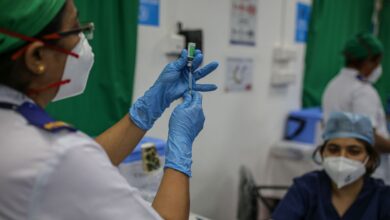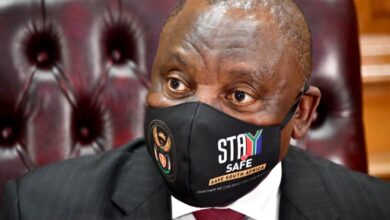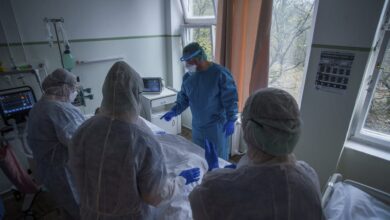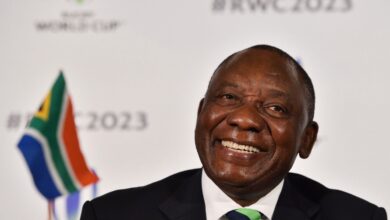South Africa
South African President Cyril Ramaphosa Slams UN Security Council As Outdated
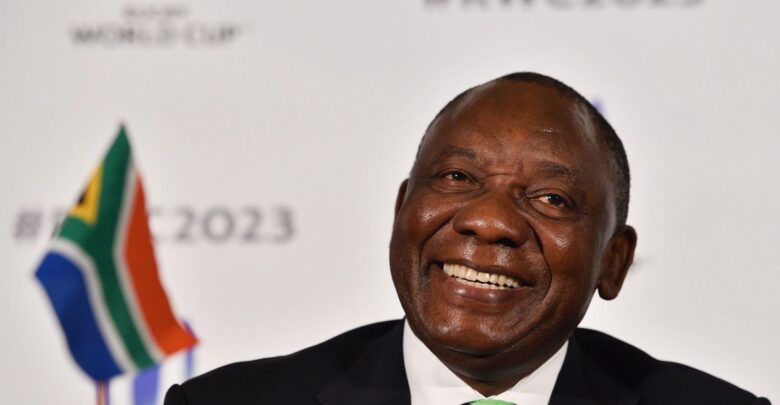
South African President Cyril Ramaphosa on Thursday called out the United Nations Security Council (UNSC) as outdated and said that the body was in dire need of an overhaul, reported The Eyewitness News.
While speaking at the South African heads of mission conference in Pretoria on Thursday ahead of the United Nations vote on Russia, Ramaphosa said that the war in Ukraine had exposed the inability of the UN Security Council to fulfill its mandate of maintaining international peace and security.
On Thursday, the UN General Assembly voted to suspend Russia from the UN Human Rights Council over gross and systematic violations and abuses of human rights.
Ramaphosa, whose government has been criticized for refusing to condemn Russia’s invasion of Ukraine, has maintained a diplomatic stance, touting negotiation as the best option to end the conflict despite international outrage and condemnation. The South African government has so far abstained from voting in two UN resolutions adopted over the war.
Addressing the South African diplomats accredited to other countries, Ramaphosa said the UNSC structure enabled powerful nations to use their clout to make decisions that were at times catastrophic.
“The current formation of the UN Security Council is outdated and unrepresentative,” said President Ramaphosa adding that “It disadvantages countries with developing economies”.
He even called for the Security Council’s decision-making to be democratized so that it can be true to its mandate and move beyond the paralysis brought about by a few powerful and developed member countries.
“We need to curb the unilateral actions of these countries to shape global politics through aggression and other coercive measures like the imposition of unilateral sanctions,” the South African president said.
He added that Pretoria was deeply concerned about the broader implications of the Russia-Ukraine conflict on the global economy as it has adversely affected supply chains and drove up the price of essential commodities.
He called on the heads of missions to remain focused on the South African agenda despite these developments.


